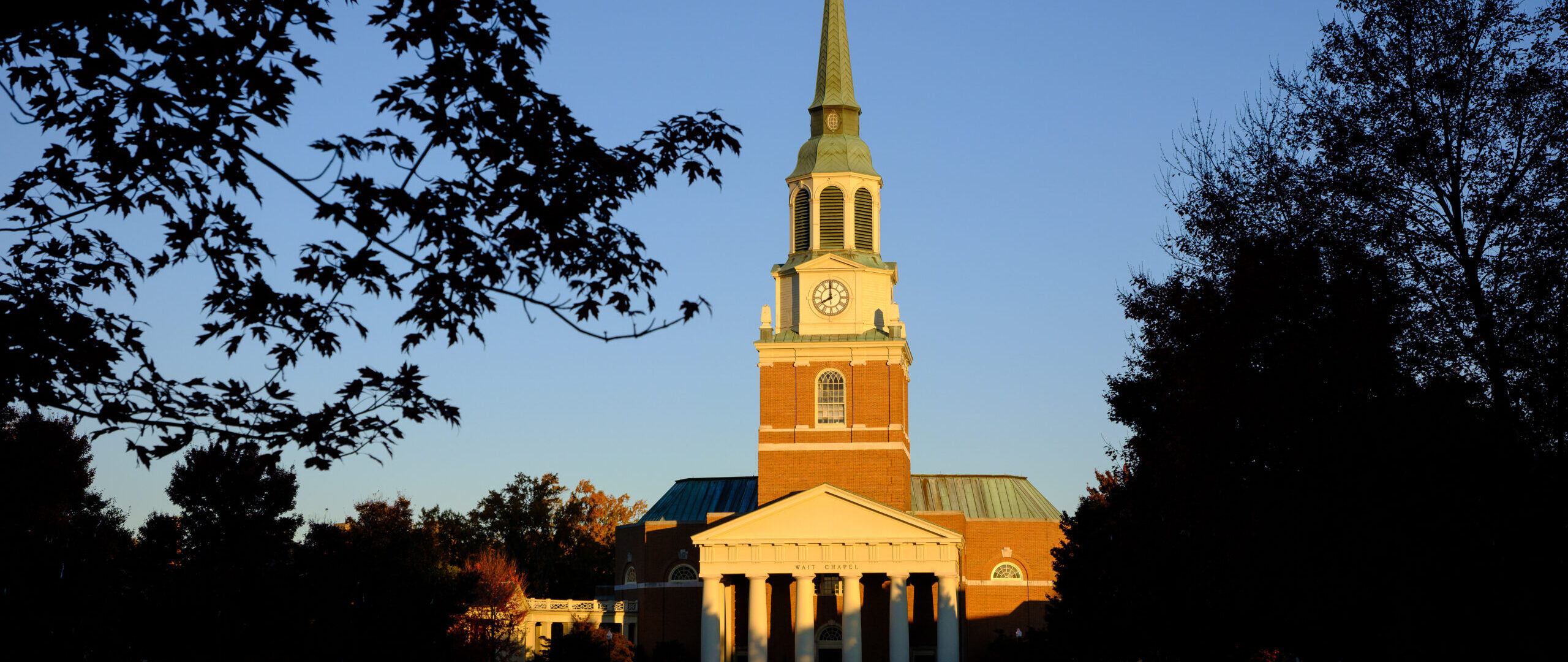Areas for Transformation
Areas for Transformation
In the University’s pursuit of impact and excellence in education, research, and creative works we are called to be careful stewards of our environmental, human, financial, and material resources – fostering resilience and creating the capacity to adapt to disruption.
Our areas for sustainability transformation are framed by two primary areas of impact – regionally and materially relevant global climate change solutions and regional ecosystem vitality.
Areas for Transformation
Climate Change Mitigation
Guiding principle: Model the transition to a net-zero future by prioritizing energy efficiency, maximizing the deployment of renewable and alternative energy sources, and strategically employing verifiable greenhouse gas offsetting to neutralize unavoidable emissions.
Land & Ecosystem Management
Guiding principle: Create resilient and thriving landscapes through integrated design that prioritizes ecological function, optimizes stormwater absorption and filtration as a vital landscape element, and enhances biodiversity and native habitats.
Connectivity in the Built Environment
Guiding principle: Design and construct interconnected and accessible built environments that enhance community wellbeing and ecological health by prioritizing pedestrians and active transportation modes, supporting fleet efficiency, electrification, and alternative fuels, and developing incentives and infrastructure that reduce reliance on single-occupancy vehicles.
Dining & Food Systems
Guiding principle: Support the development of a sustainable and equitable food system, with dining services as a catalyst for responsible sourcing, waste reduction, and the promotion of nutrition-focused food choices.
Materials Management
Guiding principle: Embrace a regenerative materials economy by establishing procurement standards focused on responsibly sourced, low-impact, and recyclable inputs, while maximizing diversion from the landfill through reuse, repair, and comprehensive recycling / composting programs, and championing circularity in all material flows to minimize waste.
Support for Education, Research, and Creative Works
Guiding principle: Support faculty and staff with the resources to integrate sustainability concepts and experiential opportunities into courses, research, and creative works.
Culture of Resilience & Adaptation
Guiding principle: Foster a culture that prepares individuals to thrive amidst uncertainty and effectively respond to evolving local-to-global challenges by prioritizing complex systems thinking, cultivating opportunities to experience nature-inspired awe, and practicing curiosity, compassion, and courage.

